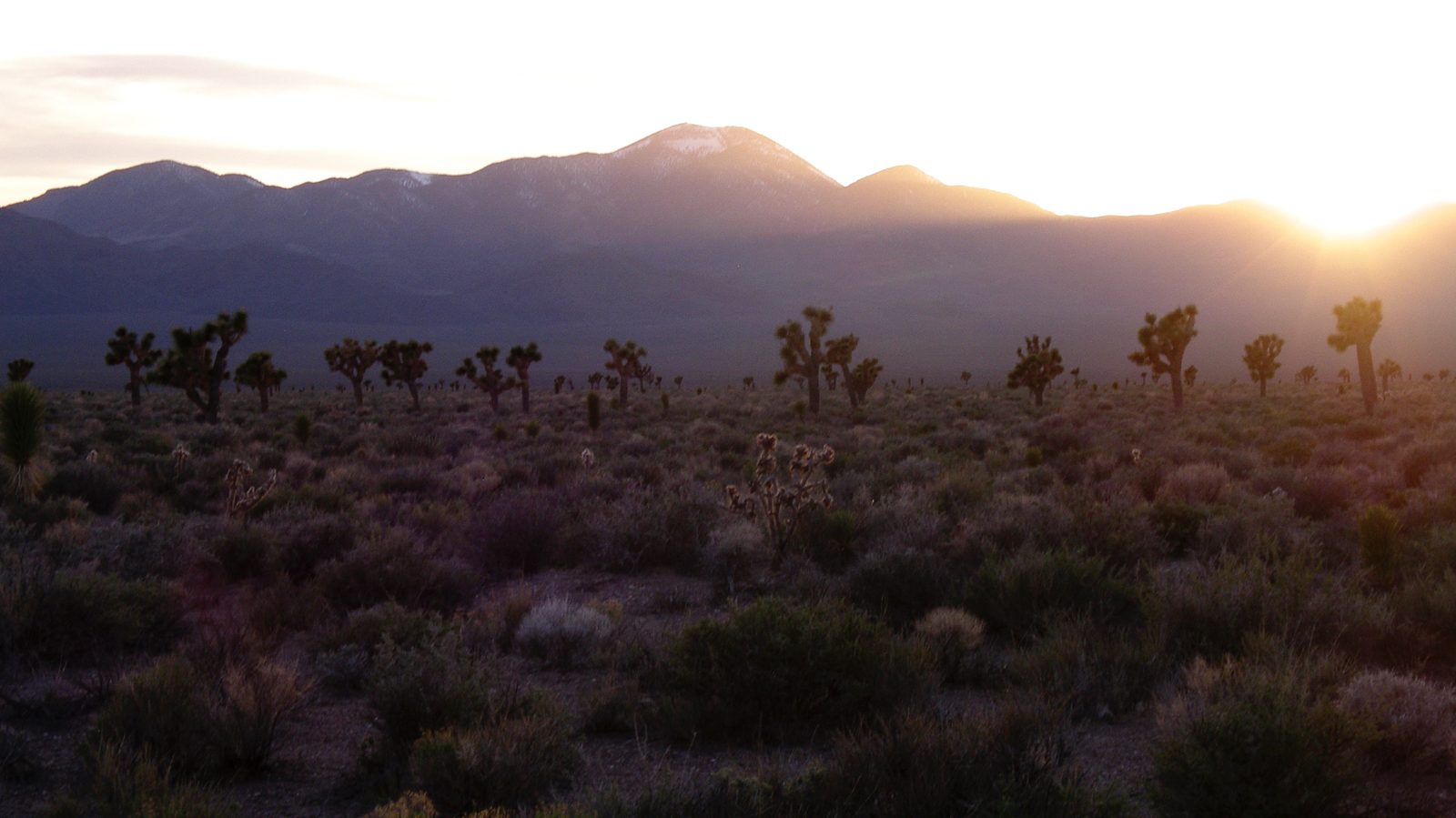
The Departments of Biology at Willamette University and California State University Northridge are pleased to announce a unique field course opportunity for undergraduates in the biological sciences and allied fields: Field Research in Desert Evolutionary Ecology. Professors Christopher (Chris) Smith (WU) and Jeremy Yoder (CSUN) will lead a two week class from Monday, May 22 to Friday, June 2, focused on the population ecology of the Joshua tree, an archetypical species of the Mojave Desert that is threatened with extinction due to climate change. Working from the Zzyzx Desert Studies Center in Baker, California, students will participate in primary research on the population ecology of Joshua trees, will learn surveying and data analysis techniques, and will complete focused research projects culminating in a research symposium. Click through for more details, and a formal course description.
Read More

You must be logged in to post a comment.